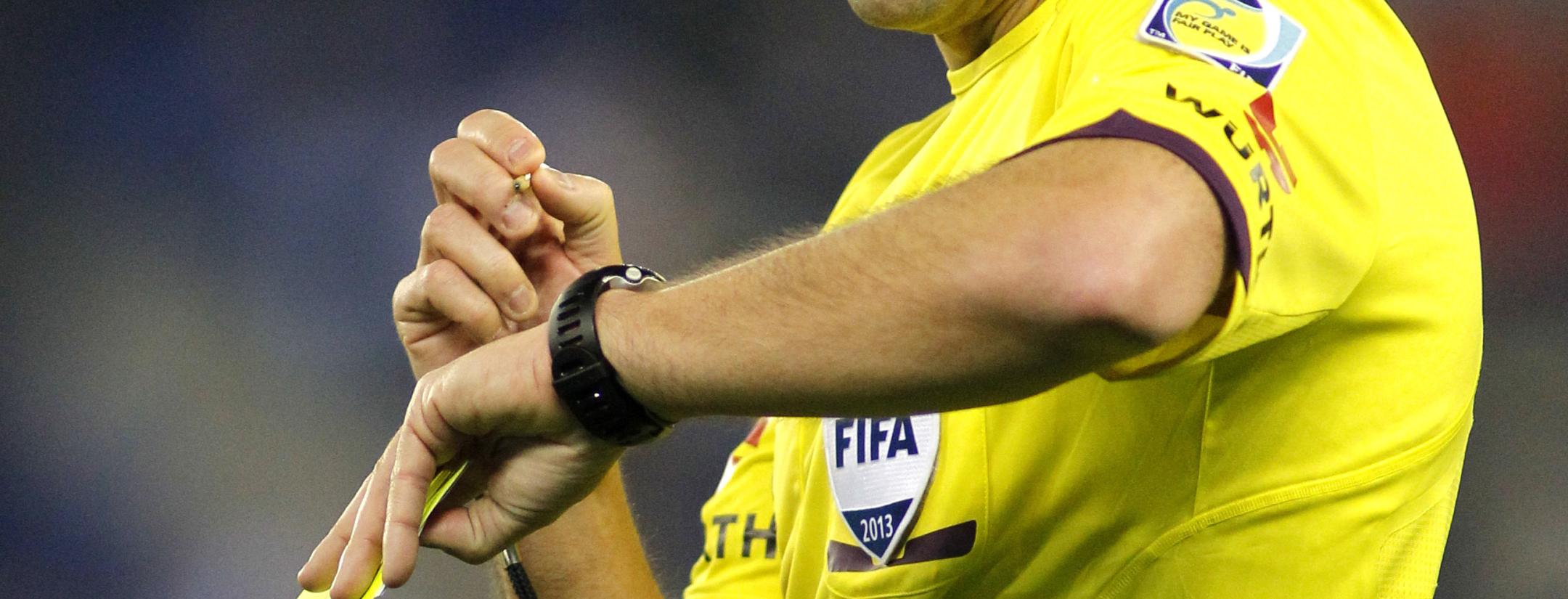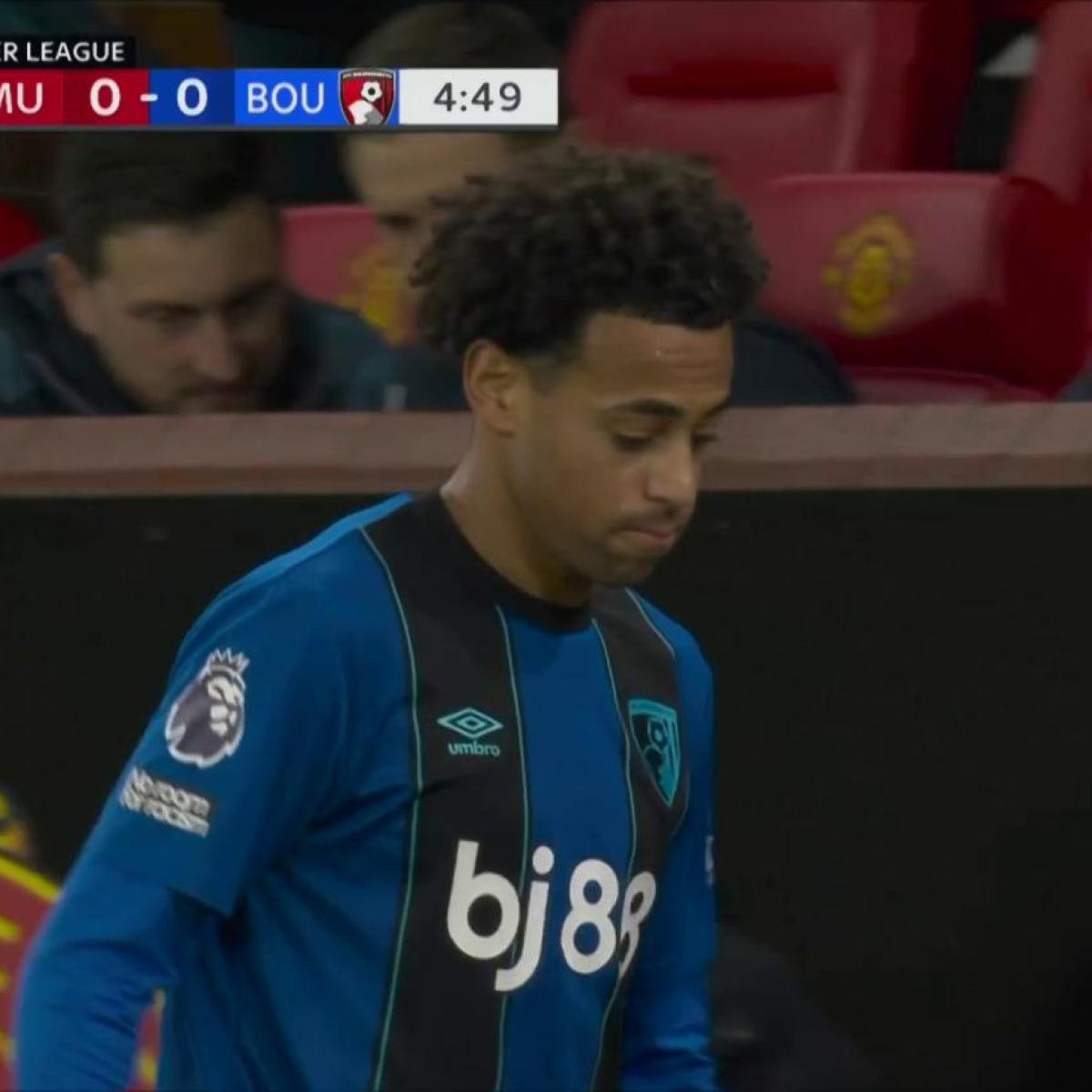If you’re one of the thousands that’s typed “How does ref decide when to end soccer match” into Google, don’t worry, you’re in fine company. One former manager who's probably completed that inquiry himself is the legendary Sir Alex Ferguson. His famous quip regarding how refs decide to end the match is that the refs have absolutely no clue.
“The one thing that really does amaze me, unlike most sports in the world, is that the referee is the official timekeeper, and believe me, it’s absolute nonsense,” Ferguson said. “Every game they guess. They put two minutes — it’s never two and a half minutes, so that tells you that there’s no accuracy in it. It’s a guess.”
Ferguson knew the process was extremely arbitrary, so he’d famously employ whatever psychological advantages he could on the referee or the fourth official to create “Fergie time” — that myth of his Manchester United sides receiving extra added time when they were losing.
“There is a pressure that’s felt, that’s tangible — you can feel as a referee out on the pitch — for that (home) team to come back,” explains respected English referee Graham Poll. “You’re sitting there going, ‘OK, there’s a couple of subs, goals, that’s wasted time, injury there — we’ve got … three minutes, maybe four.’ Then you find yourself saying, ‘Five.’”
The Laws of the Game outline how stoppage time is supposed to work, but like everything else in the rulebook, a lot is open to interpretation. Here’s the official rule.
Law 7: The Duration of the Match
Additional Time
The referee decides on the time lost in each period.
An allowance is made in either period for the time lost through:
- substitutions
- the assessment of players’ injuries
- the removal of injured players from the field of play for treatment
- time wasting
- when the play is stop for different reasons (e.g. critical weather conditions, goalpost broken, floodlights failure)
Many stoppages in play are entirely natural (e.g. throw-ins, goal kicks). An allowance is to be made only when these delays are excessive.
The referee shall not compensate for a timekeeping error during the first half by increasing or reducing the length of the second half.
The fourth official indicates the minimum additional time decided by the referee at the end of the final minute of each period of play. The announcement of the additional time does not indicate the exact amount of time left in the match. The time may be increased if the referee considers it appropriate but never reduced.
How Does Ref Decide When To End Soccer Match?
According to Professional Game Match Officials (the group responsible for developing referees and providing them for the Premier League in England), the following rules of thumb are generally observed:
- 30 seconds added on for each substitution. (Can be more if a player is taking his or her sweet time to get off the pitch.)
- 30 seconds added for each goal celebration. (Again, more can be added if the goalscoring team forms a human bicycle and parties for five minutes.)
- 30 seconds can also be added for red cards and yellow cards if player protestations last too long.
- One of the assistants and the fourth official will keep track of how long a trainer or doctor is on the pitch treating an injury.
- The fourth official notes down every stoppage of play.
One common misconception about stoppage time is that the referee cannot blow the whistle while one team is on the attack. The referee can stop the game at any time.
As you can see, there’s a lot of moving pieces involved in when a referee decides to stop a match. Every game is treated on a case-by-case basis, and there’s always room for discrepancy over time wasting.




